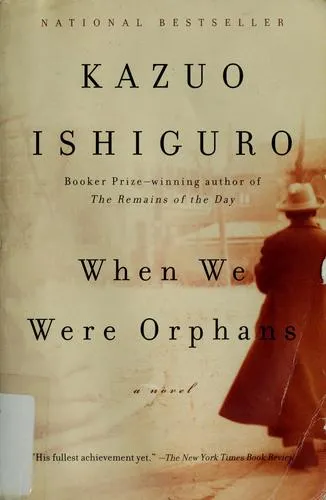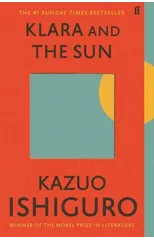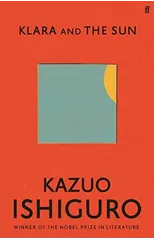From the winner of the Nobel Prize in Literature and author of the Booker Prize–winning novel The Remains of the Day comes this stunning work of soaring imagination. Born in early-twentieth-century Shanghai, Banks was orphaned at the age of nine after the separate disappearances of his parents. Now, more than twenty years later, he is a celebrated figure in London society; yet the investigative expertise that has garnered him fame has done little to illuminate the circumstances of his parents' alleged kidnappings. Banks travels to the seething, labyrinthine city of his memory in hopes of solving the mystery of his own, painful past, only to find that war is ravaging Shanghai beyond recognition-and that his own recollections are proving as difficult to trust as the people around him. Masterful, suspenseful and psychologically acute, When We Were Orphans offers a profound meditation on the shifting quality of memory, and the possibility of avenging one’s past.
Kazuo Ishiguro
Kazuo Ishiguro is a Japanese-born British author known for his subtle and haunting novels exploring themes of memory, loss, and identity. His most notable works include "The Remains of the Day," which won the Man Booker Prize in 1989, and "Never Let Me Go," a dystopian novel that was shortlisted for the Booker Prize in 2005. Ishiguro's writing style is characterized by its spare and precise prose, as well as its deep emotional resonance. His contributions to literature have earned him widespread acclaim and established him as a leading voice in contemporary fiction. "The Remains of the Day" remains his most famous work, praised for its exploration of duty, regret, and the passage of time.




